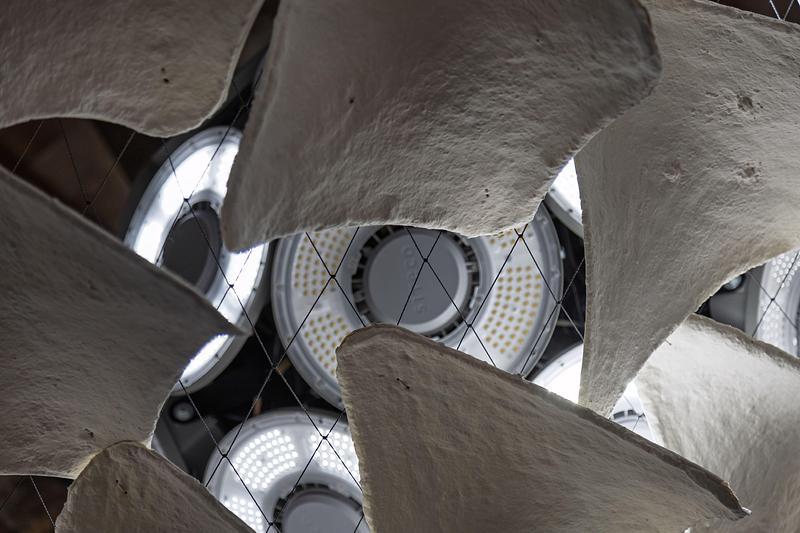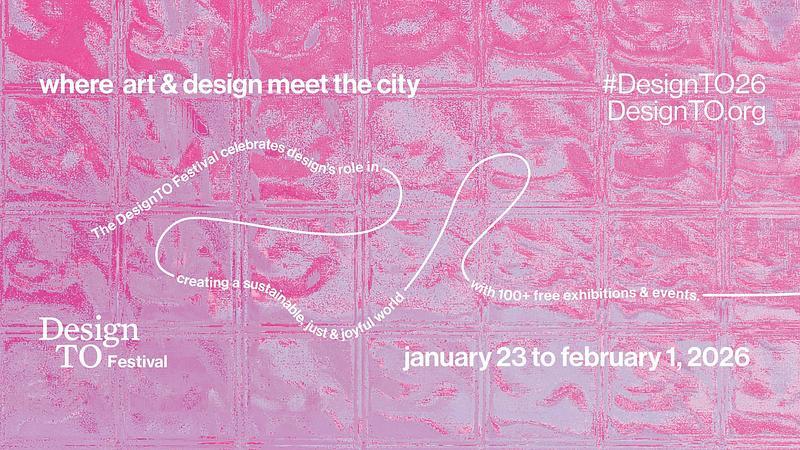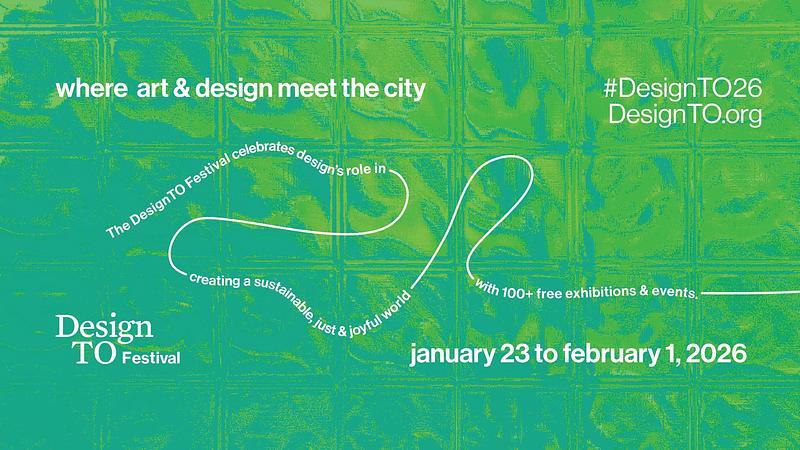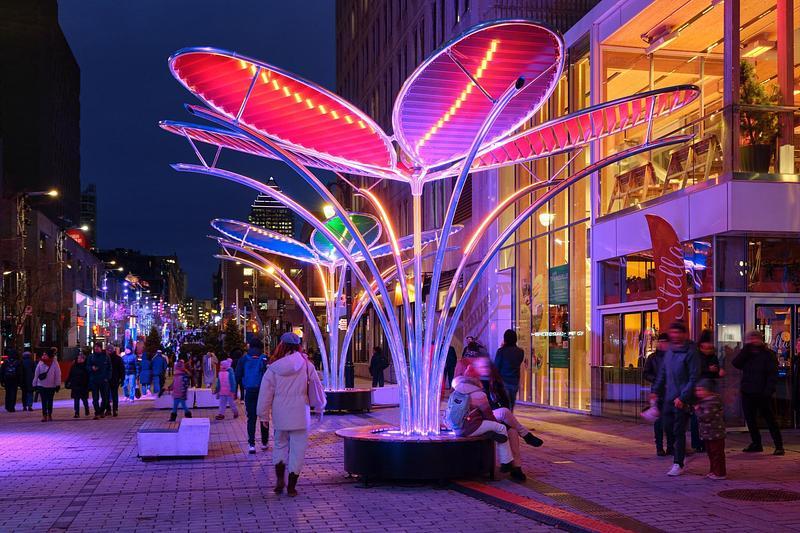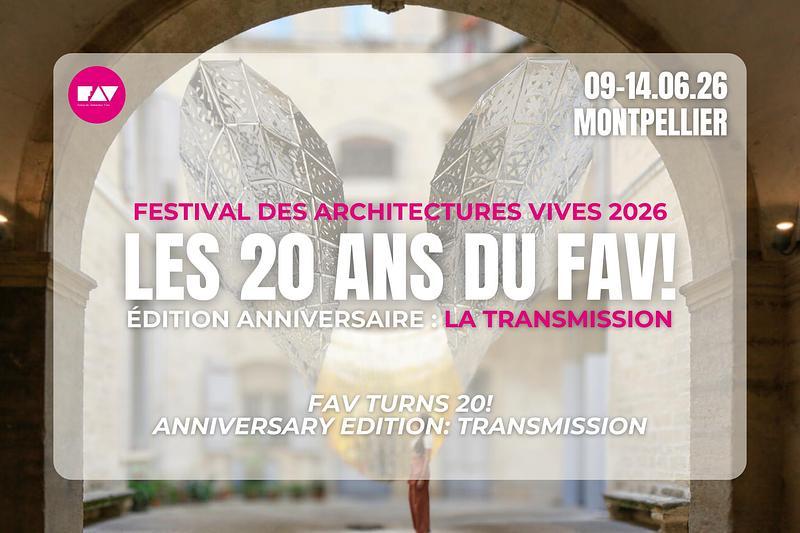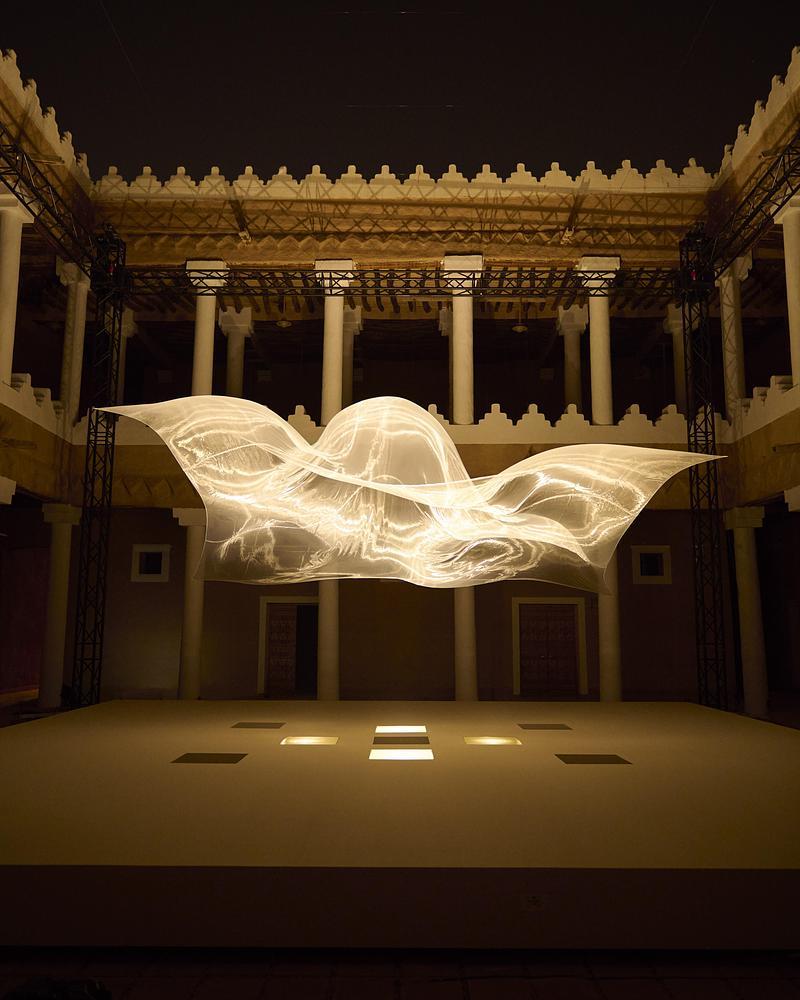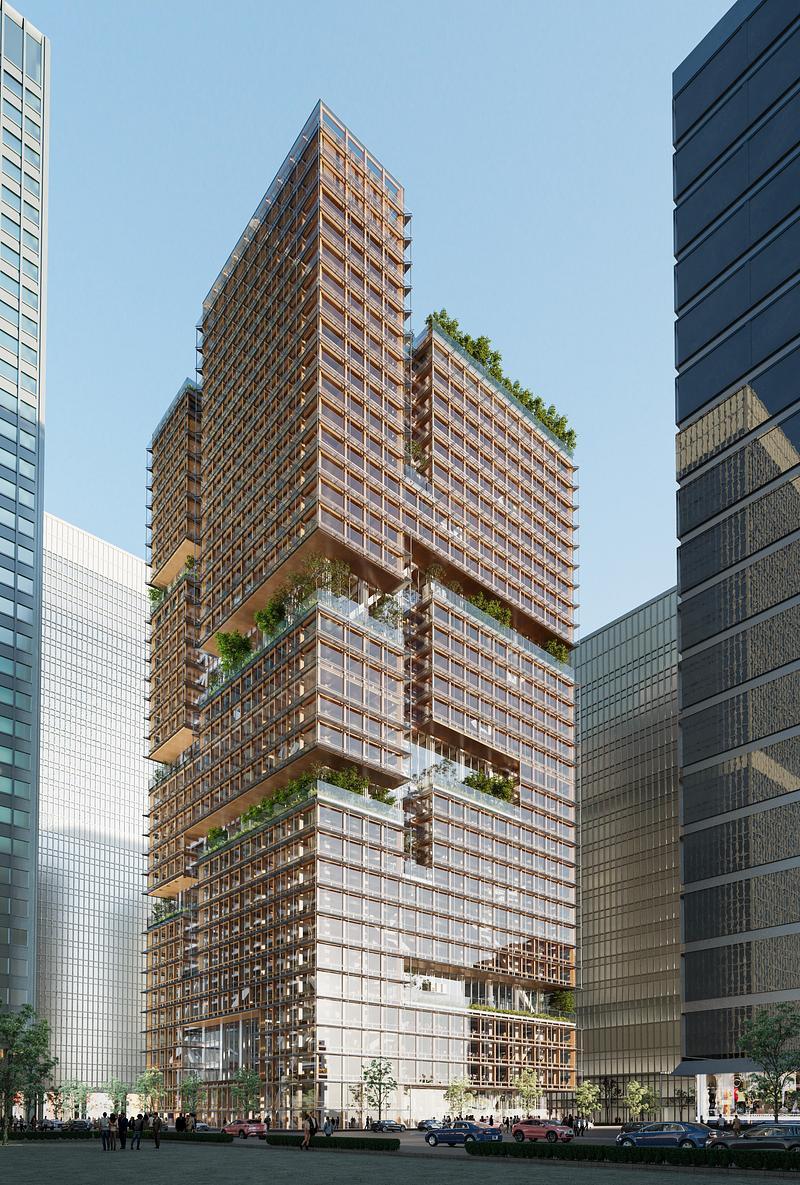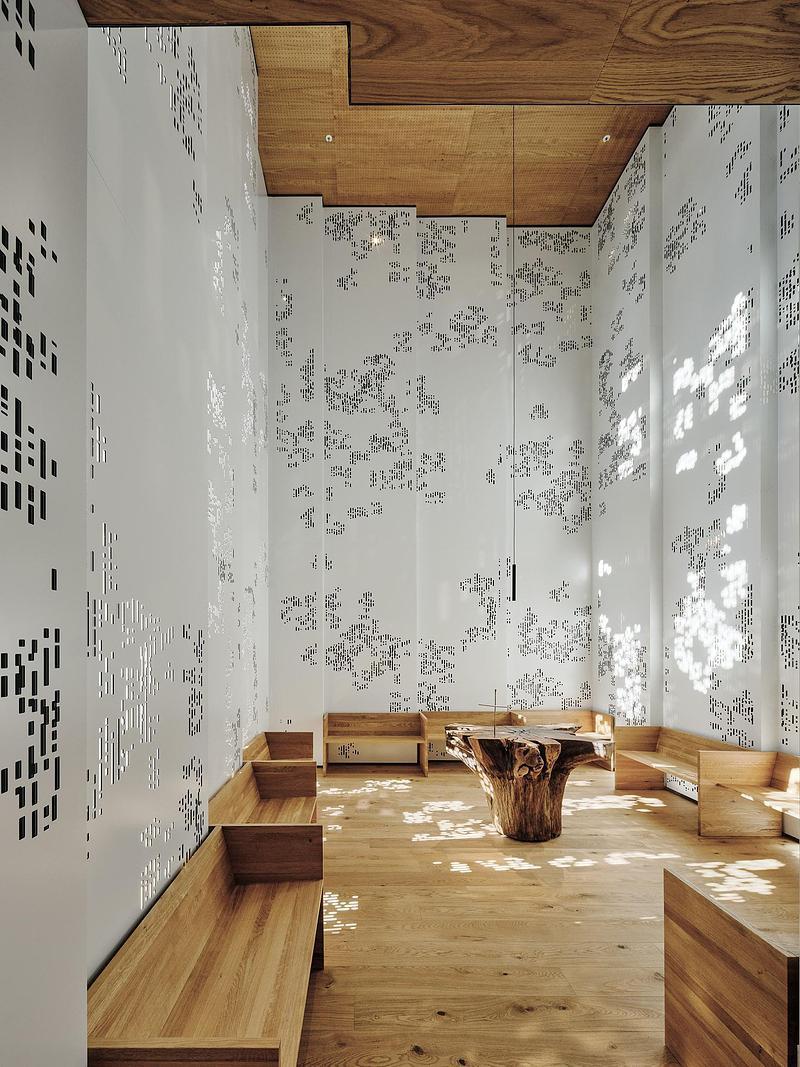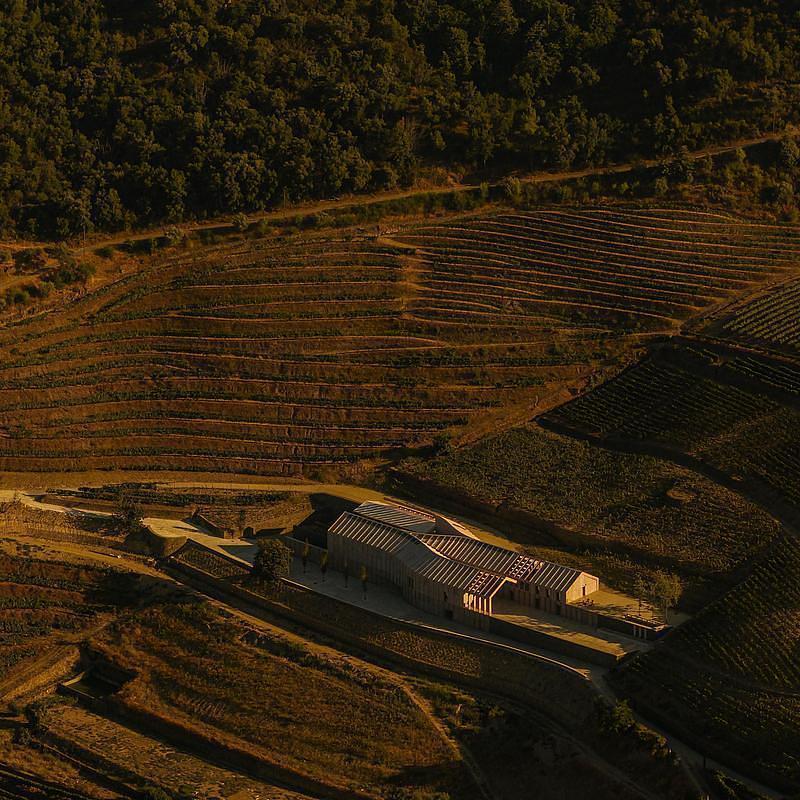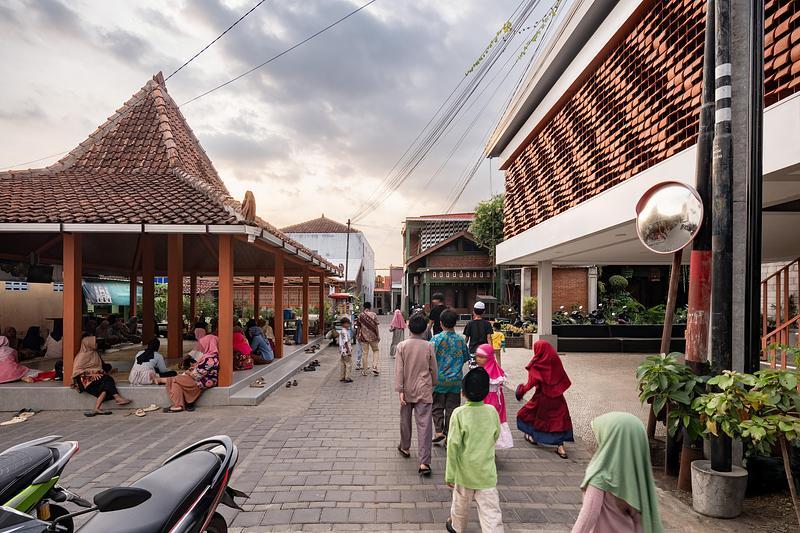
Press Kit | no. 748-53
UQAM’s Centre de design Presents Built Environment: An Alternative Guide to Japan
UQAM’s Centre de design
Dates: November 20, 2025 – January 25, 2026
The exhibition Built Environment: An Alternative Guide to Japan offers a unique perspective on Japan through innovative buildings, civil engineering projects, and landscape designs. Organized by the Japan Foundation and presented in collaboration with the Consulate General of Japan in Montreal, this traveling exhibition explores the resilience of Japanese architecture and infrastructure in the face of natural disasters and climate change.
The exhibition is curated by Shunsuke Kurakata (Associate professor, Osaka City University), Satoshi Hachima (Professor, Chiba Institute of Technology), and Kenjiro Hosaka (Curator, The National Museum of Modern Art, Tokyo).
A selection of 80 projects from Japan’s 47 prefectures, including works by renowned architects
Japan is a geographically diverse country—an archipelago stretching from north to south, with most regions experiencing four distinct seasons. Yet this varied landscape also brings challenges: the country is frequently struck by natural disasters such as earthquakes, volcanic eruptions, tsunamis, and typhoons. Across Japan, remarkable buildings and structures demonstrate a profound capacity to adapt to an often extreme natural environment.
Through photographs, texts, and videos, the exhibition presents 80 projects from all 47 Japanese prefectures, spanning from the late 19th century to the present day. The goal is to underline how Japan’s built environment interacts with the natural world while maintaining a sense of local identity.
By adopting the perspective of the “built environment”, which highlights the interaction between architecture, civil engineering, and landscape design, the exhibition proposes a new way of understanding the Japanese territory. The curators thus offer an alternative guide to the country, providing audiences with a deeper understanding of Japanese history, environment, and culture.
“This exhibition and the projects it showcases provide many inspiring examples that can help us in Quebec rethink our own built environment and its resilience to climate change and natural disasters. There is much to learn from Japanese architecture and construction, which for thousands of years have evolved to adapt to and withstand extreme environmental forces. The exhibition is presented at UQAM’s Centre de design in its world premiere in French, as part of our mission to host international exhibitions that foster cultural exchange,” said Patrick Evans, Director of UQAM’s Centre de design.
Several of the projects were created by world-renowned architects and designers, including Shigeru Ban (2014 Pritzker Prize laureate), Kengo Kuma (known for combining Japanese tradition with natural materials), Yoshio Taniguchi (designer of New York’s MoMA renovation), Isamu Noguchi (celebrated designer and sculptor merging art and design) and Arata Isozaki (2019 Pritzker Prize laureate).
Exhibition Design: A Bird’s-Eye View of the Archipelago
The 80 projects are displayed on structures reminiscent of origami—folded, angular, and sometimes cubical forms made of plywood, delicately arranged on the floor of the main exhibition hall. Their layout evokes a stylized map of the Japanese archipelago and its four main islands: Hokkaido, Honshu, Shikoku, and Kyushu. A series of video projections enhances the immersive experience.
The exhibition poster was designed in Montreal by Studio TagTeam.
Events Related to the Exhibition
Roundtable Discussion: The Resilience of the Built Environment
A roundtable on the resilience of the built environment—both in Quebec and Japan—will be held in collaboration with UQAM’s Pôle sur la ville résiliente, a research group uniting around 40 scholars from various disciplines.
When: Wednesday, January 21, 2026, at 2 p.m.
Where: UQAM’s Centre de design
“One of the main themes of the exhibition is that buildings and built environments can be designed to better withstand natural hazards and the impacts of climate change. In this sense, the exhibition resonates with the work of UQAM’s Pôle sur la ville résiliente, which brings together about 40 researchers, including several professors from UQAM’s École de design,” said Patrick Evans, Director of UQAM’s Centre de design.
Student Exhibition
When: November 25, 2025
Starting November 25, 2025, the UQAM’s Centre de design lobby will host a new exhibition dedicated to Metabolism, a major Japanese architectural movement from the 1960s and 1970s. It features twenty wooden models illustrating iconic postwar Japanese buildings and structures. The project was led by Professor Patrick Evans as part of a studio course for undergraduate students in UQAM’s Environmental Design program.
Born in postwar Japan in the early 1960s, Metabolism is a design and architectural movement that envisions the built environment as a living organism in constant interaction with its natural and technological surroundings. Deeply forward-looking, it also draws on traditional Japanese ideas of impermanence, modularity, community, and harmony with nature. These principles were combined with modern concepts of connectivity and material innovation. The resulting designs—at once utopian and traditional—were often spectacular, sometimes extravagant, but always fascinating.
Sixty years after its emergence, the movement’s influence remains strong, inspiring new approaches to organic growth, collective forms, and high density living, while fostering an integrated ecological vision of architecture.
The students and their professor will also hold a public seminar on Metabolism every Tuesday at 1:30 p.m. in the Centre de design during November and December 2025.
Shunsuke Kurakata (Associate Professor, Osaka City University), Satoshi Hachima (Professor, Chiba Institute of Technology), and Kenjiro Hosaka (Curator, The National Museum of Modern Art, Tokyo).
Partners
Japan Foundation
Consulate General of Japan in Montreal
Pôle sur la ville résiliente
École de design de l'UQAM
Benjamin Moore
MP
v2com newswire
Address and hours of operation
Centre de design de l’UQAM
1440, Sanguinet Street
Montreal
Metro Berri-UQAM
Wednesday to Sunday, 12 pm – 18 pm
Free admission
UQAM’s Centre de design will be closed from December 22 to January 6, 2026.
Guided tours of exhibitions for groups
Available at all times
Reservations required at centre.design@uqam.ca
Free of charge
Information
Tel. : 514 987-3395
centre.design@uqam.ca
centrededesign.com
About UQAM’s Centre de design
The UQAM’s Centre de design is one of the few venues in Canada dedicated to showcasing exhibitions that illustrate historical and contemporary trends in graphic, industrial, and urban design, as well as architecture and fashion design.
Founded in 1981 by professors from UQAM’s École de design, the Centre has presented more than 400 exhibitions, addressing both professional designers and the general public. For over 40 years, it has contributed to the development and promotion of design culture locally and internationally through prestigious exhibitions it hosts and through numerous travelling exhibitions presented in more than ten countries, often dedicated to showcasing Quebec design.
Located downtown in Montreal’s Quartier latin and Quartier des Spectacles, the Centre offers free admission to its 400 m² exhibition space and organizes talks and special events from September to June.
About the Japan Foundation’s Exhibitions
The Japan Foundation operates its Travelling Exhibitions Program, designed to introduce Japanese art and culture to audiences abroad. These exhibitions cover a wide range of themes from the presentation of traditional Japanese beauty (ceramics, crafts, dolls) to reflections of contemporary Japan through current art, photography, architecture, and design. They are organized jointly by the Japan Foundation and Japanese diplomatic missions abroad, in collaboration with local galleries, museums, and cultural institutions.
About the Pôle sur la ville résiliente
Drawing on the expertise of 40 leading researchers, UQAM established the Pôle sur la ville résiliente in 2021 as an innovative interdisciplinary research group. The Pôle focuses on issues such as urban food systems, equity and democracy in transition, the development of natural infrastructure in urban settings, mobility, construction, and citizen contributions to resilience. Working with urban stakeholders, non-profit organizations, policymakers, administrators, economic actors, and citizens, the Hub aims to find innovative solutions to make cities more resilient.
For more information
Media contact
- Centre de design de l'UQAM
- Olivier Lapierre, media relations consultant
- olivier.olpr@gmail.com
- 514 583-3868
Attachments
Terms and conditions
For immediate release
All photos must be published with proper credit. Please reference v2com as the source whenever possible. We always appreciate receiving PDF copies of your articles.
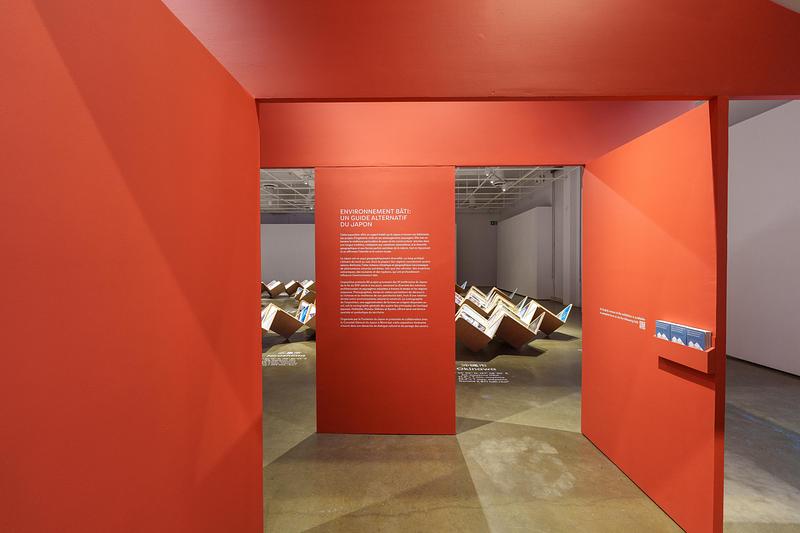
Dates: November 20, 2025 – January 25, 2026
High-resolution image : 13.33 x 8.89 @ 300dpi ~ 8 MB
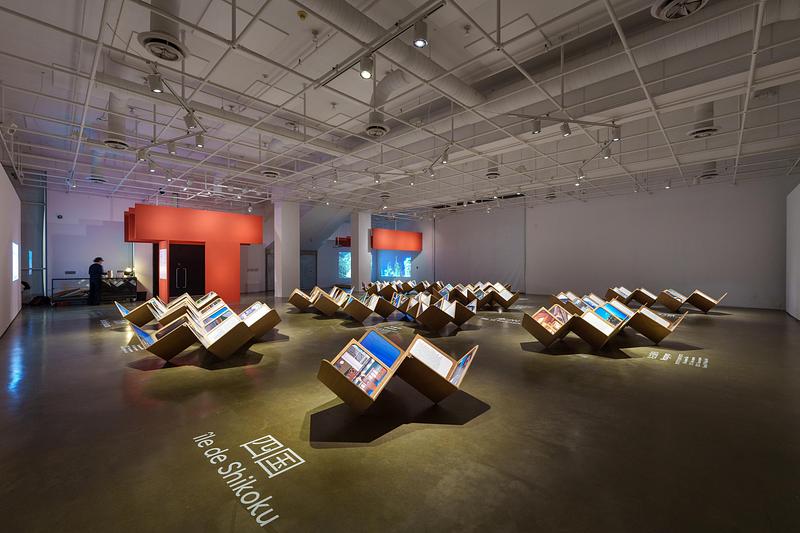
Dates: November 20, 2025 – January 25, 2026
High-resolution image : 13.33 x 8.89 @ 300dpi ~ 6.7 MB
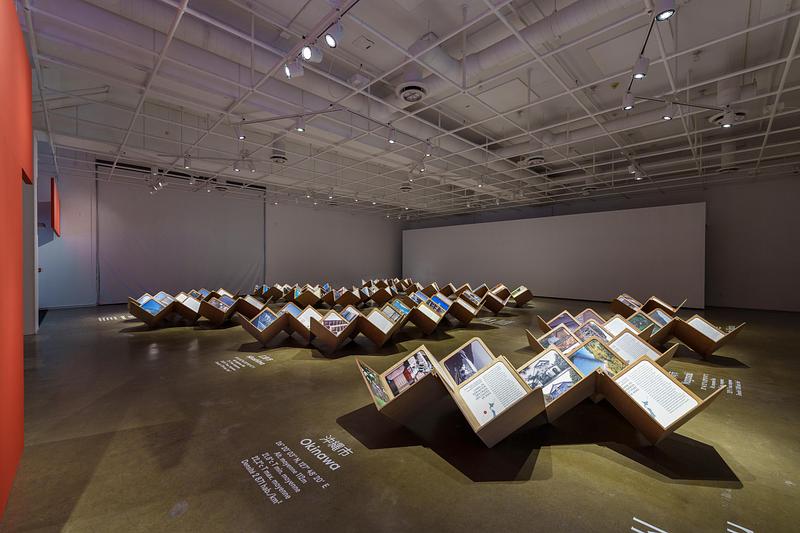
Dates: November 20, 2025 – January 25, 2026
High-resolution image : 13.33 x 8.89 @ 300dpi ~ 6.6 MB
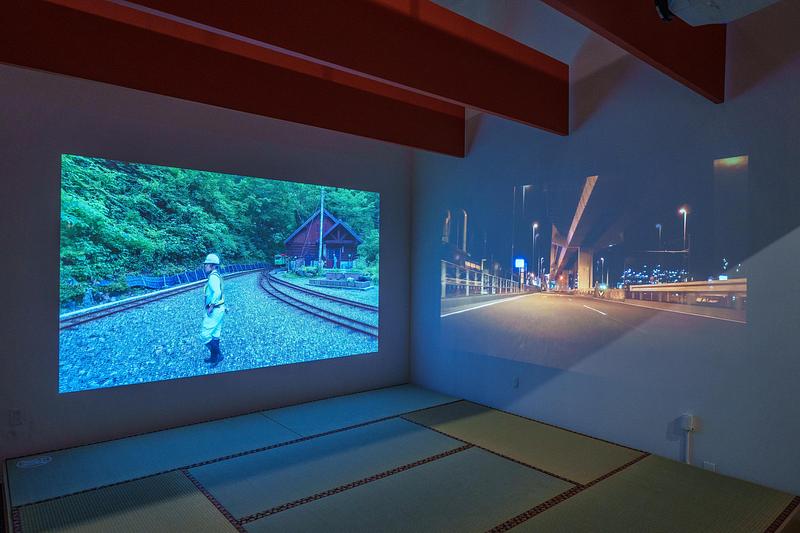
Dates: November 20, 2025 – January 25, 2026
High-resolution image : 13.33 x 8.89 @ 300dpi ~ 11 MB
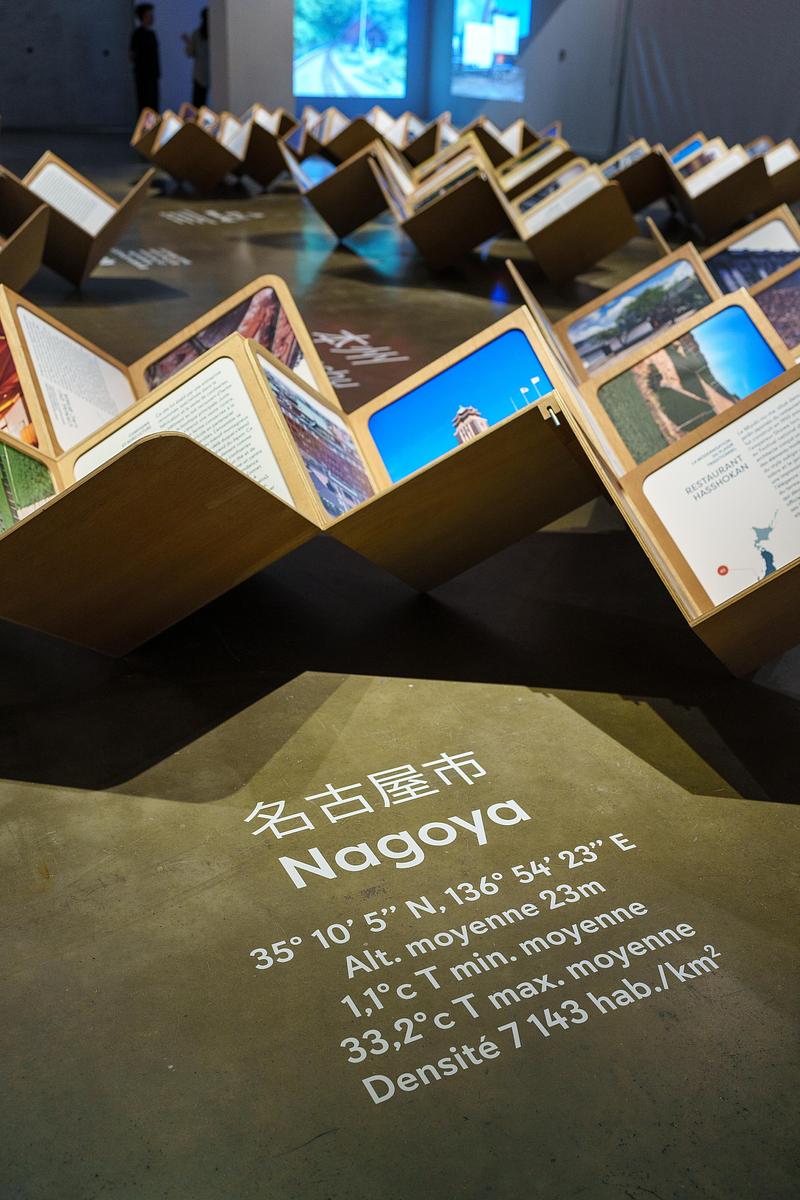
Dates: November 20, 2025 – January 25, 2026
High-resolution image : 8.89 x 13.33 @ 300dpi ~ 7.9 MB
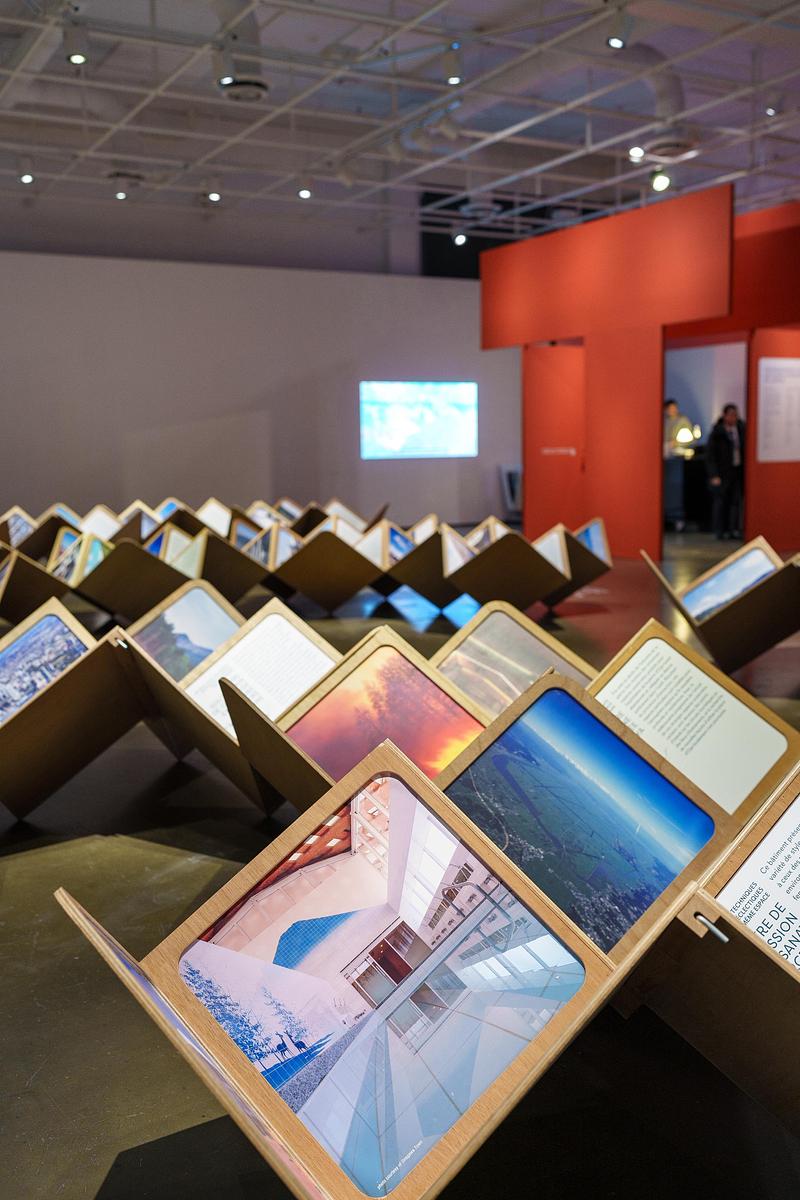
Dates: November 20, 2025 – January 25, 2026
High-resolution image : 8.89 x 13.33 @ 300dpi ~ 7.9 MB
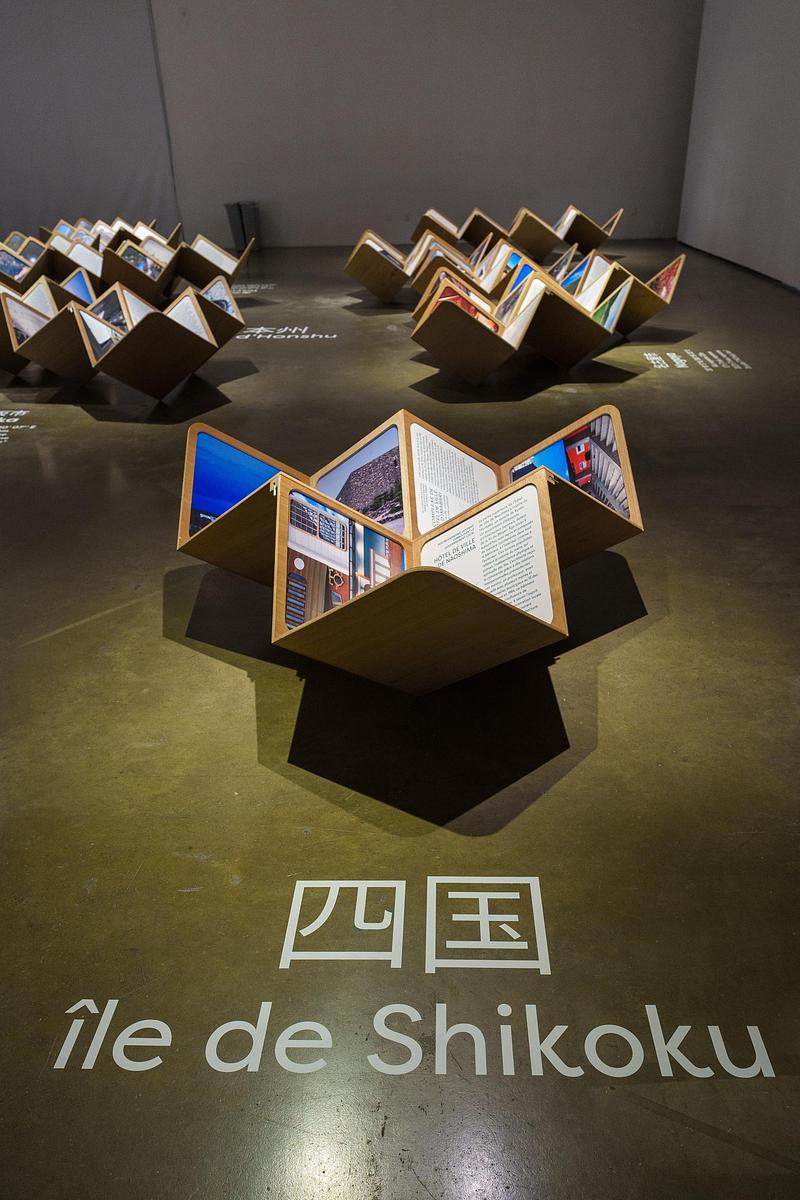
Dates: November 20, 2025 – January 25, 2026
High-resolution image : 8.89 x 13.33 @ 300dpi ~ 8.5 MB
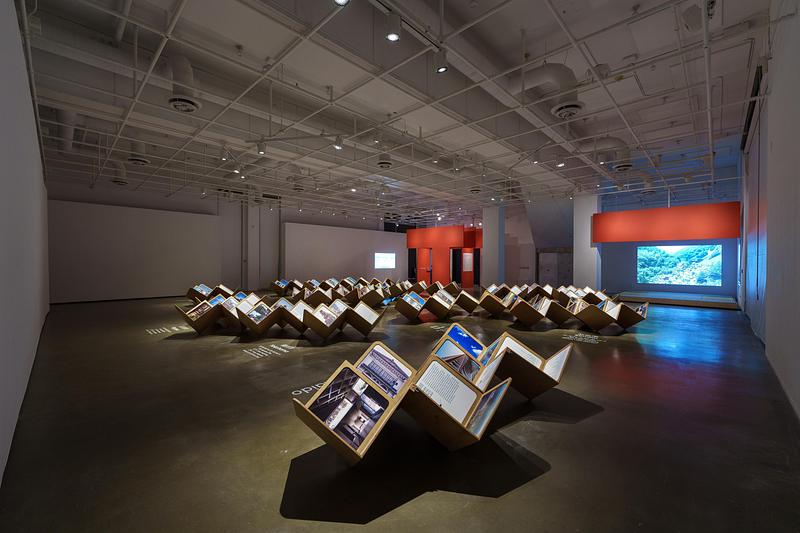
Dates: November 20, 2025 – January 25, 2026
High-resolution image : 13.33 x 8.89 @ 300dpi ~ 6.4 MB
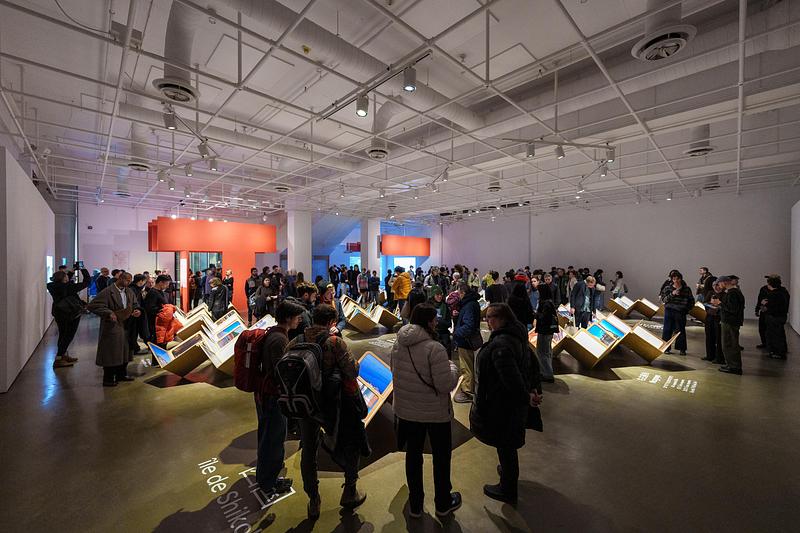
High-resolution image : 13.33 x 8.89 @ 300dpi ~ 8.4 MB
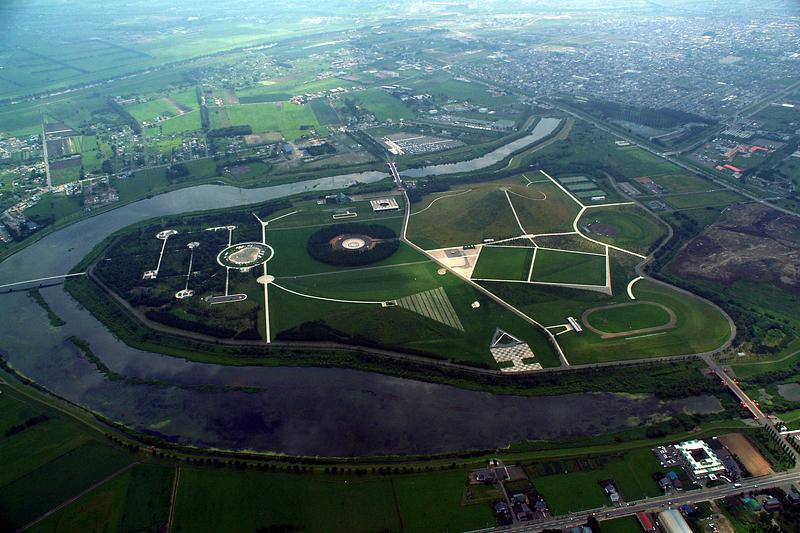
Moerenuma Park
Isamu Noguchi
Medium-resolution image : 10.08 x 6.72 @ 300dpi ~ 2 MB
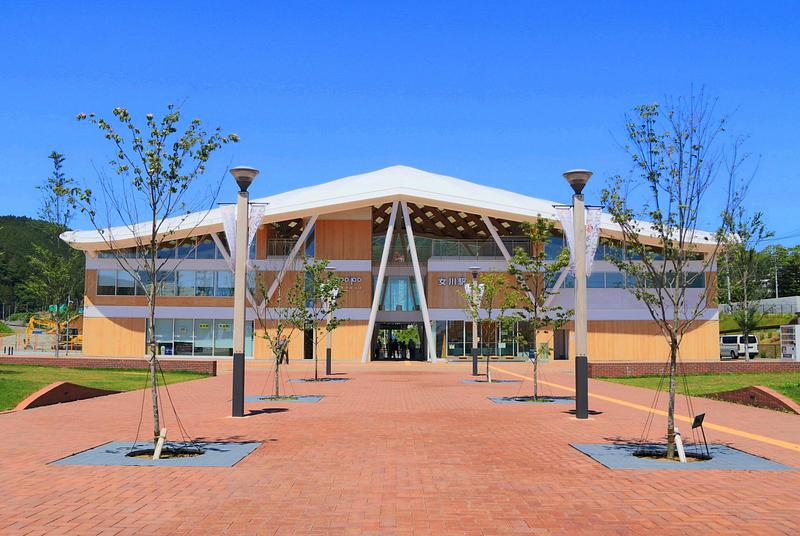
Onagawa Station and Yupo’po
Shigeru Ban
High-resolution image : 11.43 x 7.65 @ 300dpi ~ 1.7 MB
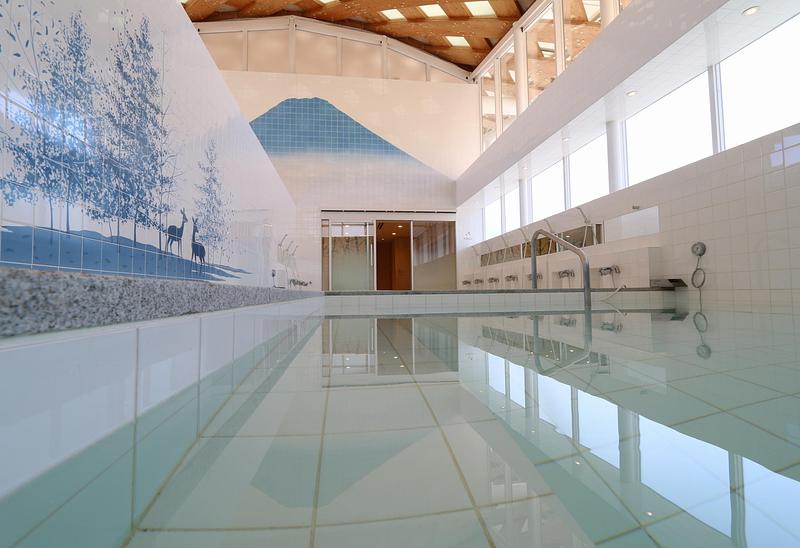
Onagawa Station and Yupo’po
Shigeru Ban
Medium-resolution image : 8.33 x 5.71 @ 300dpi ~ 860 KB
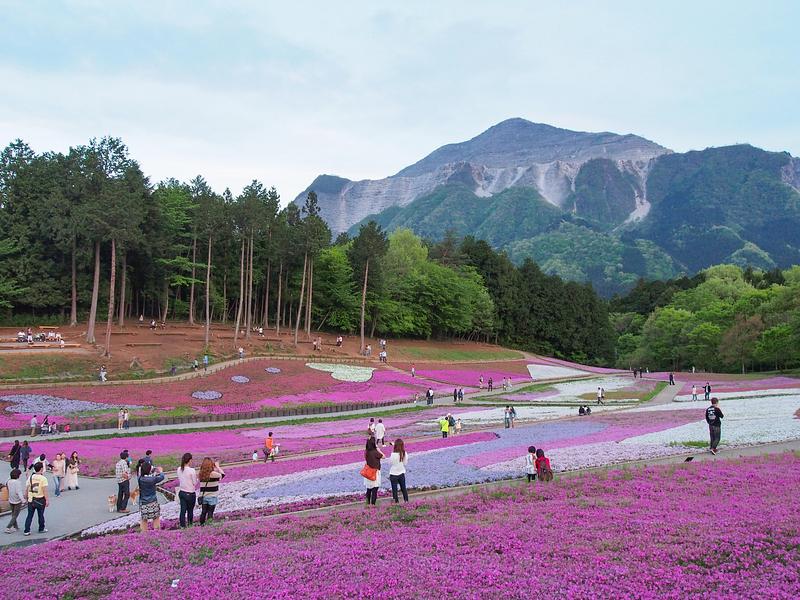
High-resolution image : 15.36 x 11.52 @ 300dpi ~ 7.3 MB
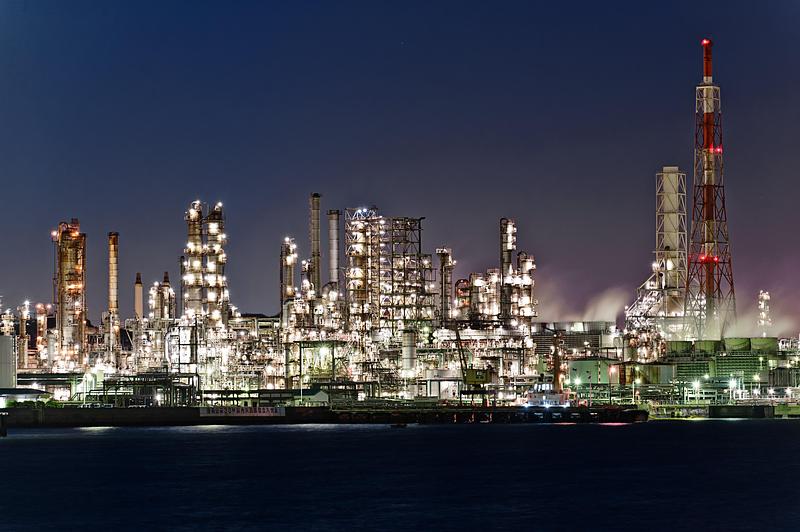
High-resolution image : 14.19 x 9.44 @ 300dpi ~ 6.2 MB
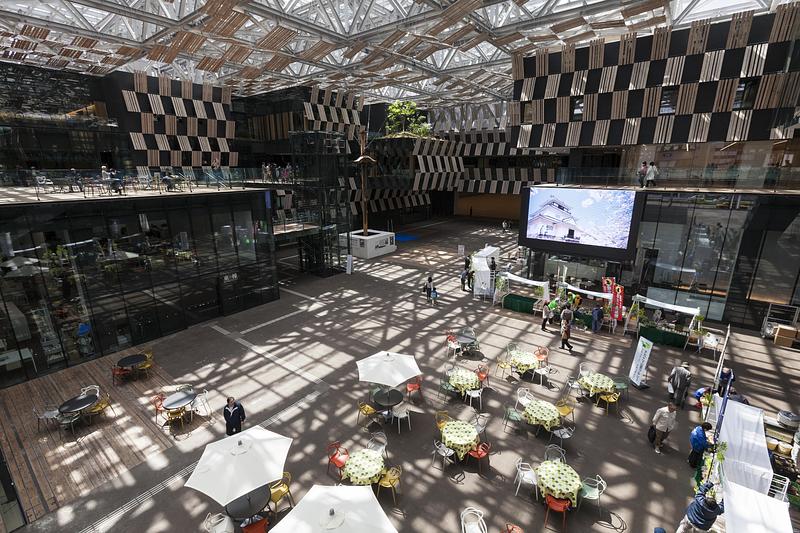
Nagaoka City Hall Aore
Kengo Kuma
Mitsumasa Fujitsuka
Very High-resolution image : 18.2 x 12.13 @ 300dpi ~ 13 MB
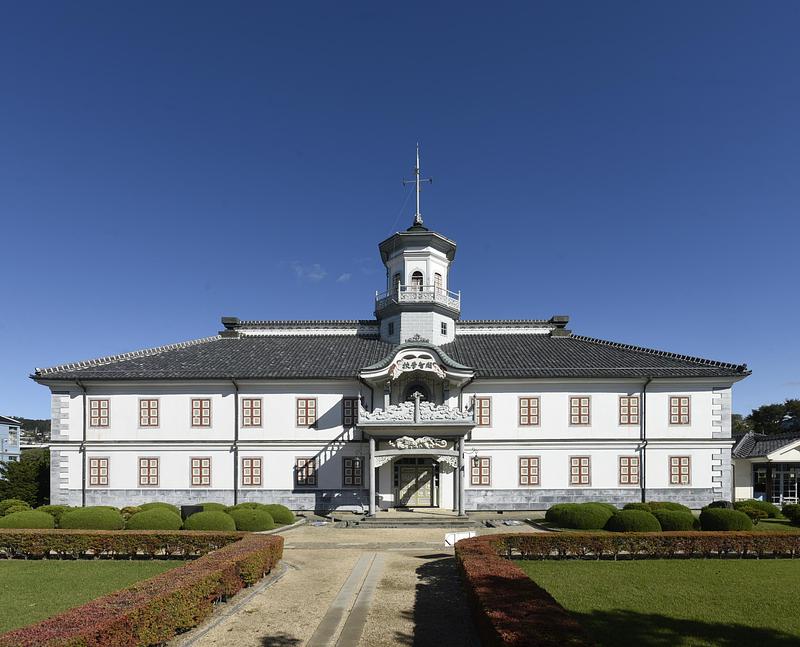
Medium-resolution image : 9.8 x 7.93 @ 300dpi ~ 3.7 MB
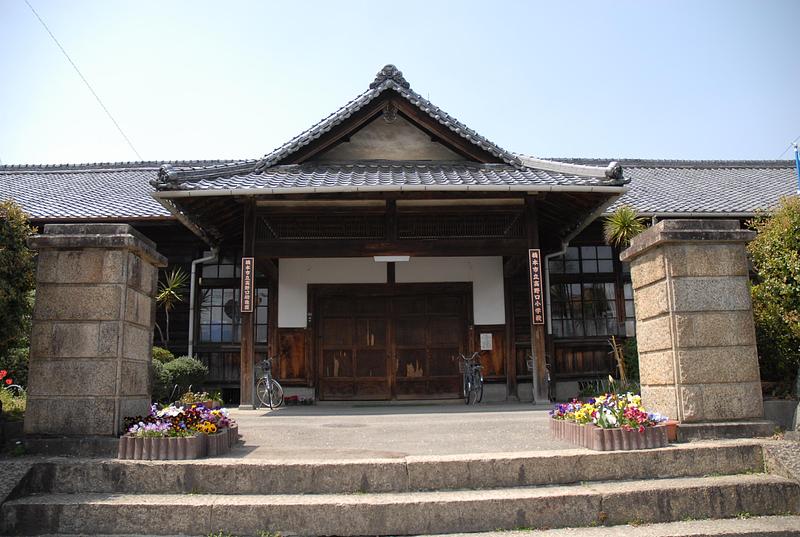
Medium-resolution image : 9.65 x 6.48 @ 300dpi ~ 2.5 MB
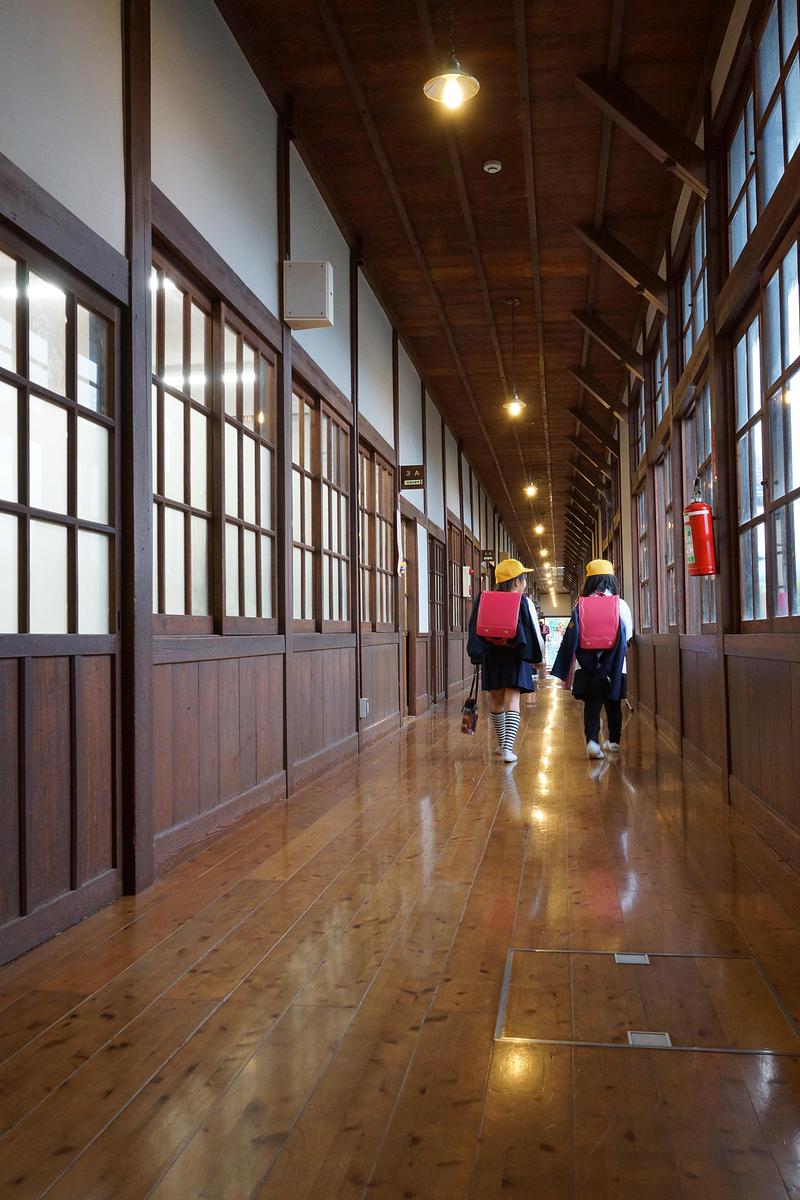
Very High-resolution image : 13.33 x 20.0 @ 300dpi ~ 5.3 MB
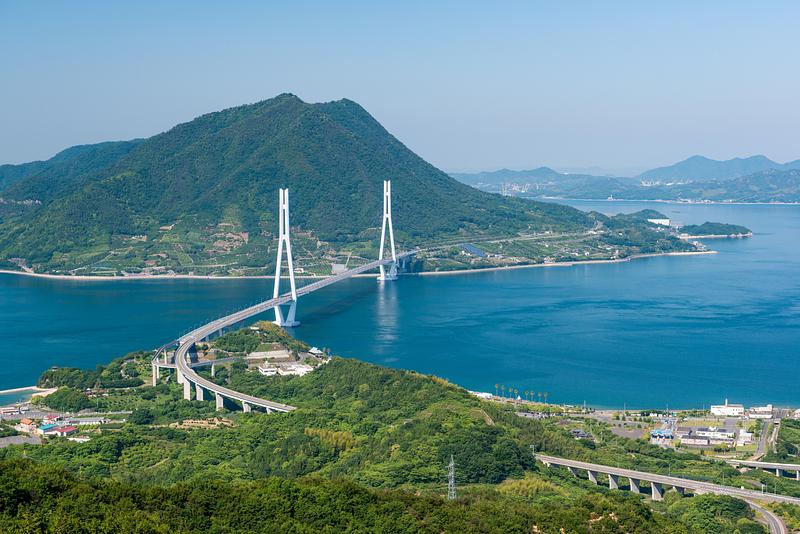
Takuya Omura
Very High-resolution image : 24.01 x 16.03 @ 300dpi ~ 26 MB
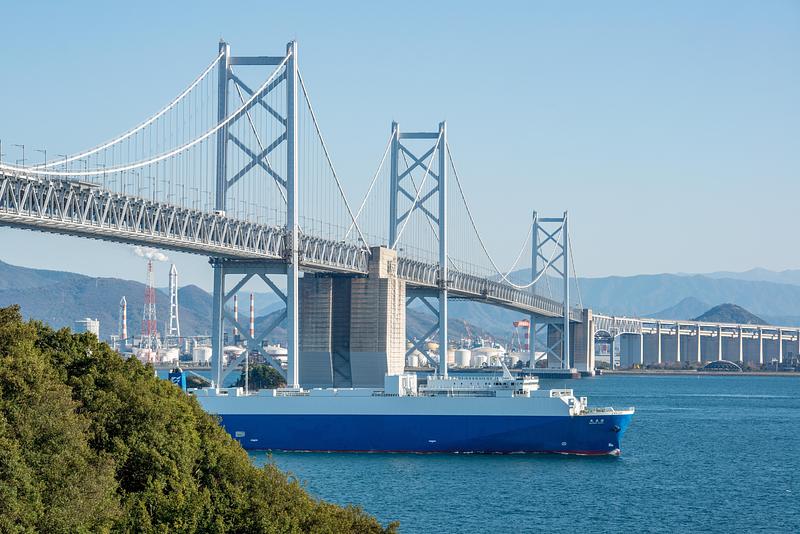
Takuya Omura
Very High-resolution image : 24.53 x 16.37 @ 300dpi ~ 28 MB
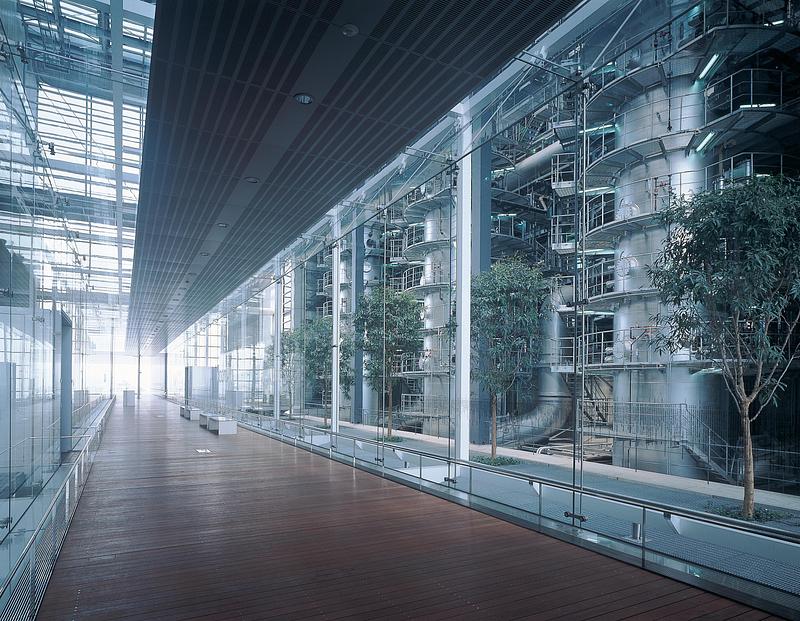
Hiroshima Naka Incineration Plant
Yoshio Taniguchi
Toshiharu Kitajima
High-resolution image : 11.13 x 8.64 @ 300dpi ~ 8.8 MB
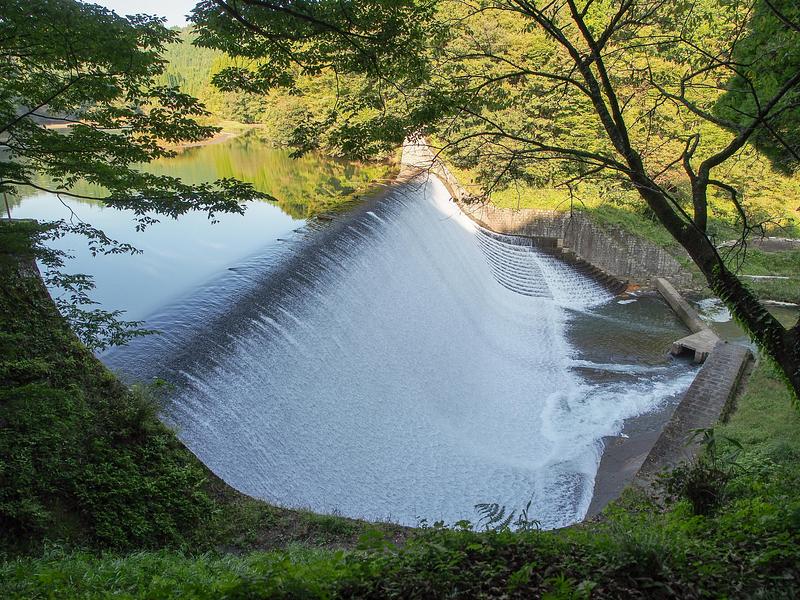
High-resolution image : 15.36 x 11.52 @ 300dpi ~ 16 MB
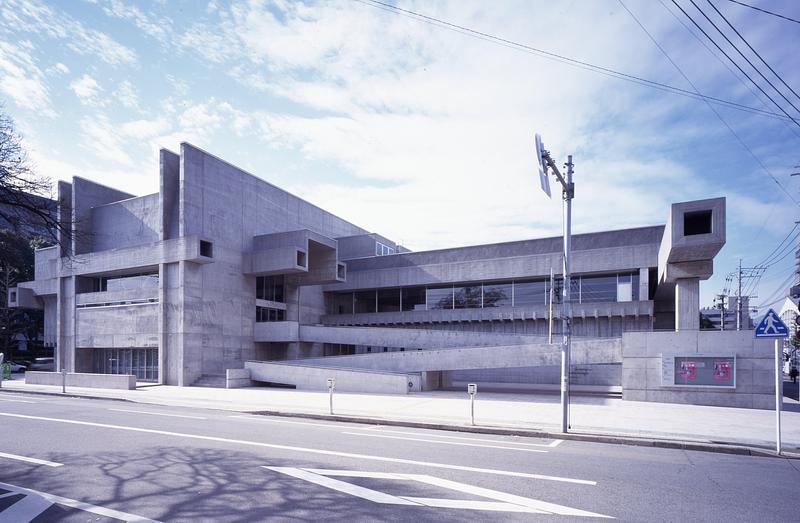
Art Plaza (Former Oita Prefectural Library)
Arata Isozaki
Ryuji Miyamoto
Very High-resolution image : 33.07 x 21.62 @ 300dpi ~ 5.3 MB


